How does CLIL affect the acquisition of reading comprehension in the mother tongue? A comparative study in secondary education
DOI:
https://doi.org/10.24310/revistaisl.vi8.10990Abstract
In the last two decades, CLIL (content and language integrated learning) programmes, in which school subjects such as history, geography or mathematics are taught by means of an additional language, have rapidly spread over all the world, since CLIL has been deemed to be an innovative and effective approach for second language learning. Therefore, research on CLIL has precisely focused on the acquisition of the L2, while other aspects, such as the assimilation of the content taught by means of the second language or the impact of CLIL programmes on the mother tongue have received less attention.In this sense, this paper examines how CLIL programmes affect the development of reading comprehension in the mother tongue. To do so, the outcomes in a test of reading comprehension of CLIL (n = 1,119) and non-CLIL students (= 15,984) enrolled in the 2nd year of secondary education (13-14 years-old) were compared. The results indicated that the acquisition of literal reading comprehension and inferential reading comprehension in the mother tongue significantly benefit from CLIL, whereas no significant differences have been detected in critical reading comprehension. The reading skills most benefited by CLIL were global comprehension, lexical comprehension, understanding of space-time relationships, integration of extra-textual information, and identification of extra-textual relations.
These data are explained by the critical importance of reading strategies to succeed in CLIL settings, and by the transfer of these strategies between L1 and L2 and vice versa. This hypothesis is supported by previous research on immersion programmes.
Downloads
Metrics
Downloads
Published
How to Cite
Issue
Section
License
All contents published in Investigaciones sobre Lectura are protected under the Creative Commons Attribution-NonCommercial-ShareAlike 4.0 International (CC BY-NC-SA 4.0) license. All about this license is available in the following link: <http://creativecommons.org/licenses/by-nc-sa/4.0>
Users can copy, use, redistribute, share and exhibit publicly as long as:
- The original source and authorship of the material are cited (Journal, Publisher and URL of the work).
- It is not used for comercial purposes.
- The existence of the license and its especifications are mentioned.
There are two sets of authors’ rights: moral and property rights. Moral rights are perpetual prerogatives, unrenounceable, not-transferable, unalienable, imprescriptible and inembargable. According to authors’ rights legislation, Investigaciones sobre Lectura recognizes and respects authors moral rights, as well as the ownership of property rights, which will be transferred to University of Malaga in open access. The property rights are referred to the benefits that are gained by the use or the dissemination of works. Investigaciones sobre Lectura is published in an open access form and it is exclusively licenced by any means for doing or authorising distribution, dissemination, reproduction, , adaptation, translation or arrangement of works.
Authors are responsable for obtaining the necessary permission to use copyrighted images.


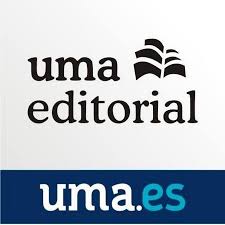
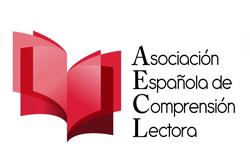
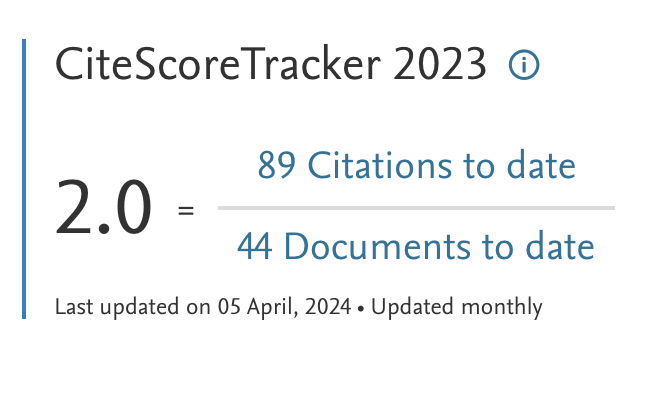
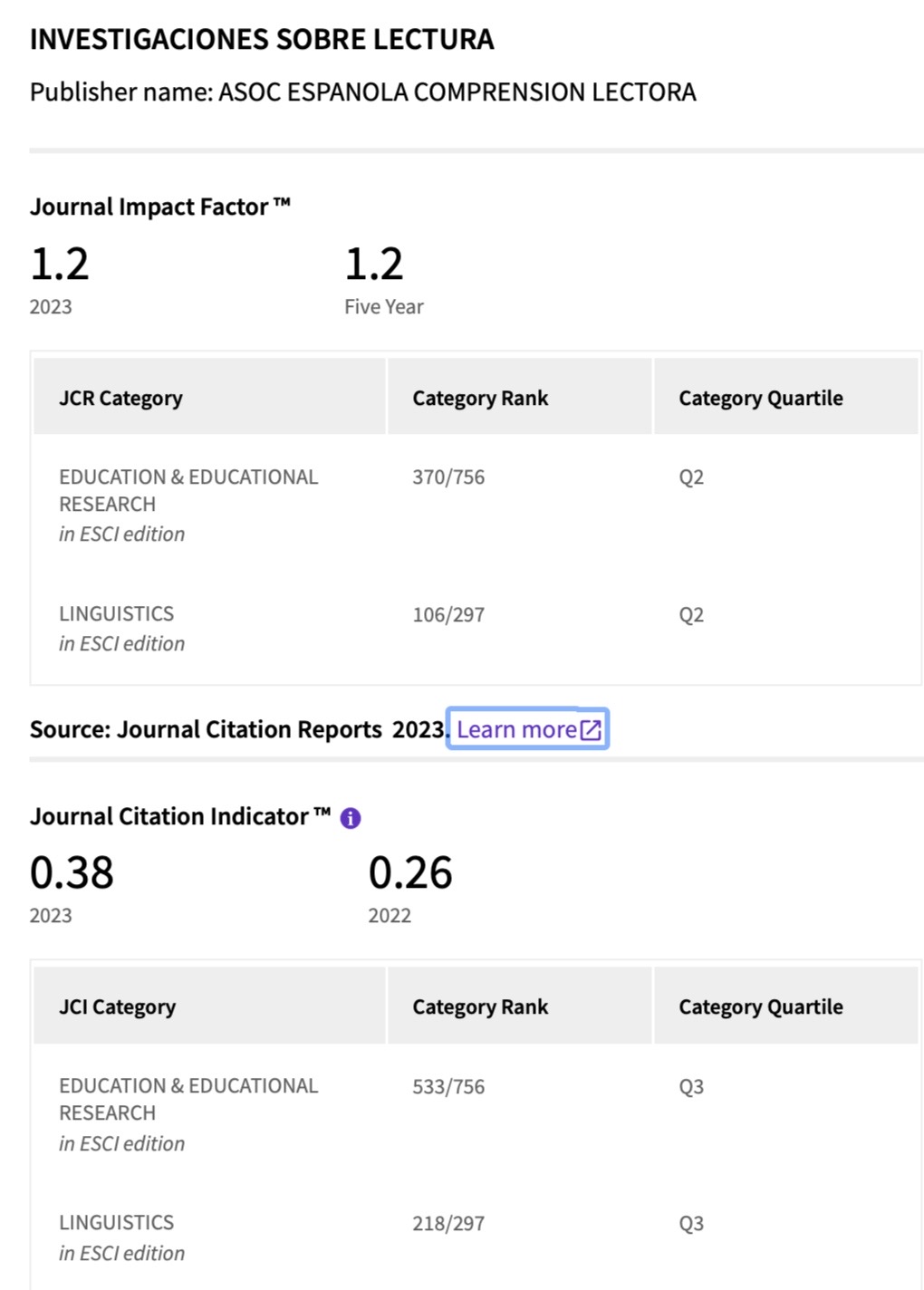
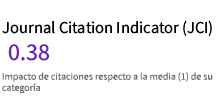
31.png)









